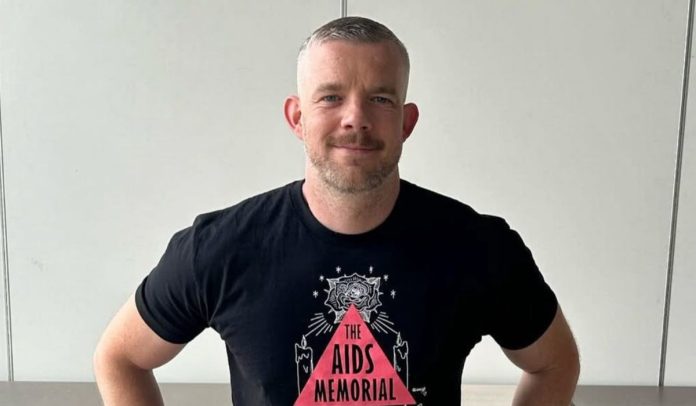Russell Tovey doesn’t consider himself a “role model.” Instead, he prefers the term “possibility model,” a phrase he credits to Laverne Cox.
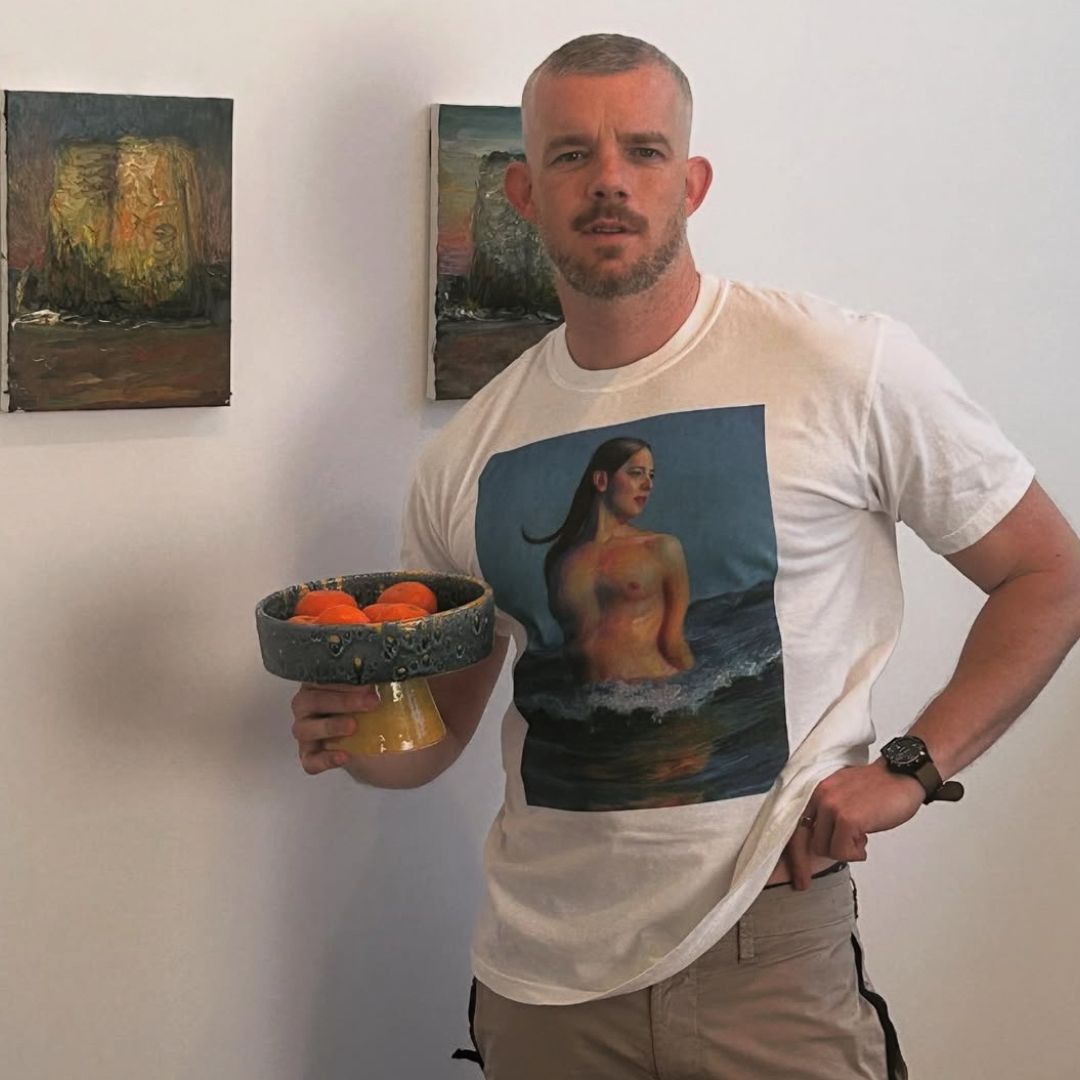
For Tovey, the idea of being a possibility model is rooted in showing others—especially young queer people—that there are many ways to live authentically and proudly.
As a boy growing up in Essex in the 1990s, Tovey says in an interview with iPaper that he looked for signs that someone like him could exist in the world.
One of those signs was Brian Paddick, a senior police officer who was publicly out and unapologetically proud, despite being a tabloid target.
“When you come out, you look to see who’s around,” Tovey said. “He was someone I looked up to for being out and proud.”
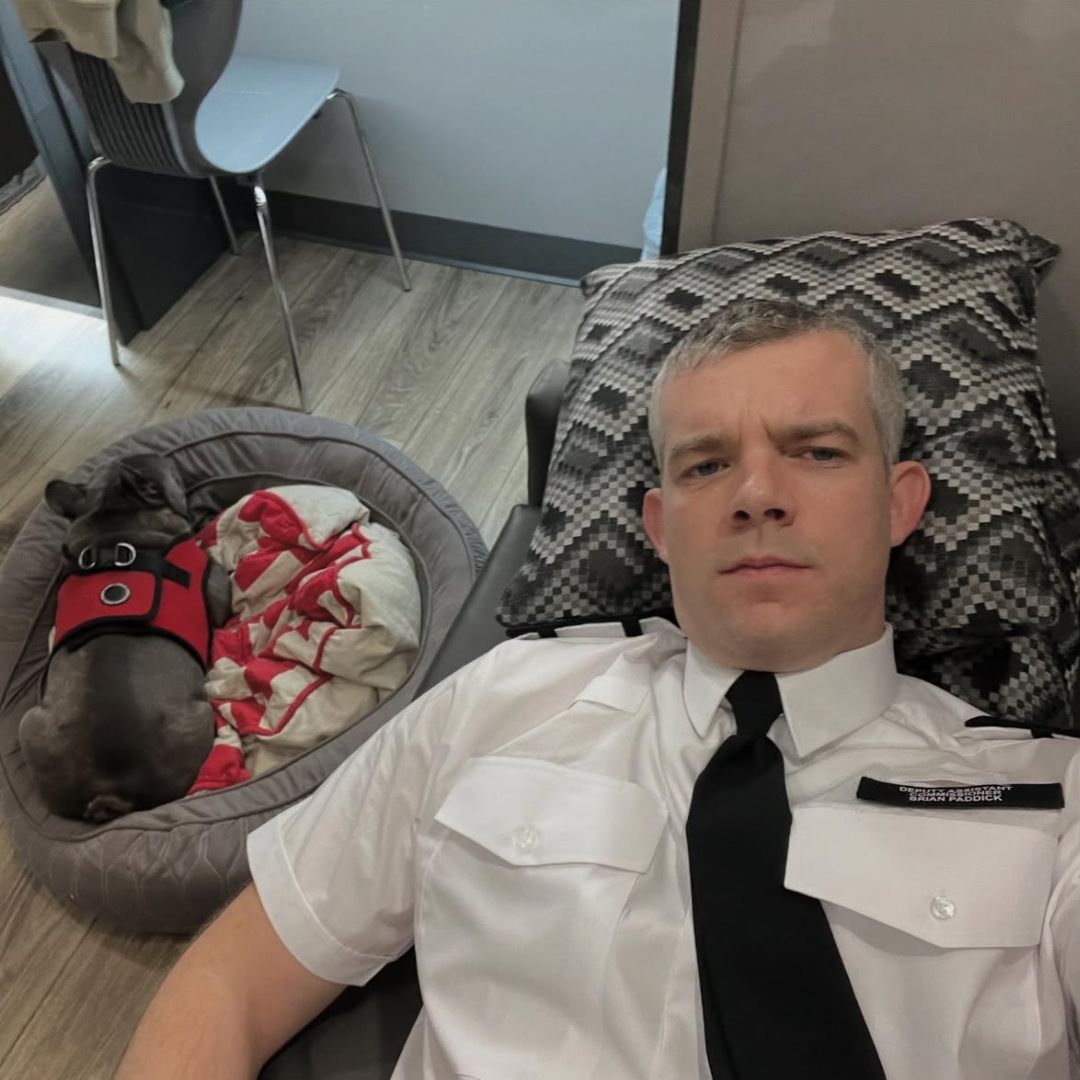
Decades later, their lives would intersect when Tovey portrayed Paddick in the Disney+ miniseries Suspect: The Shooting of Jean Charles de Menezes.
But the emotional heart of Tovey’s story lies in his reflections on what it meant to grow up during the AIDS crisis and under the shadow of Section 28, the UK’s infamous anti-gay legislation.
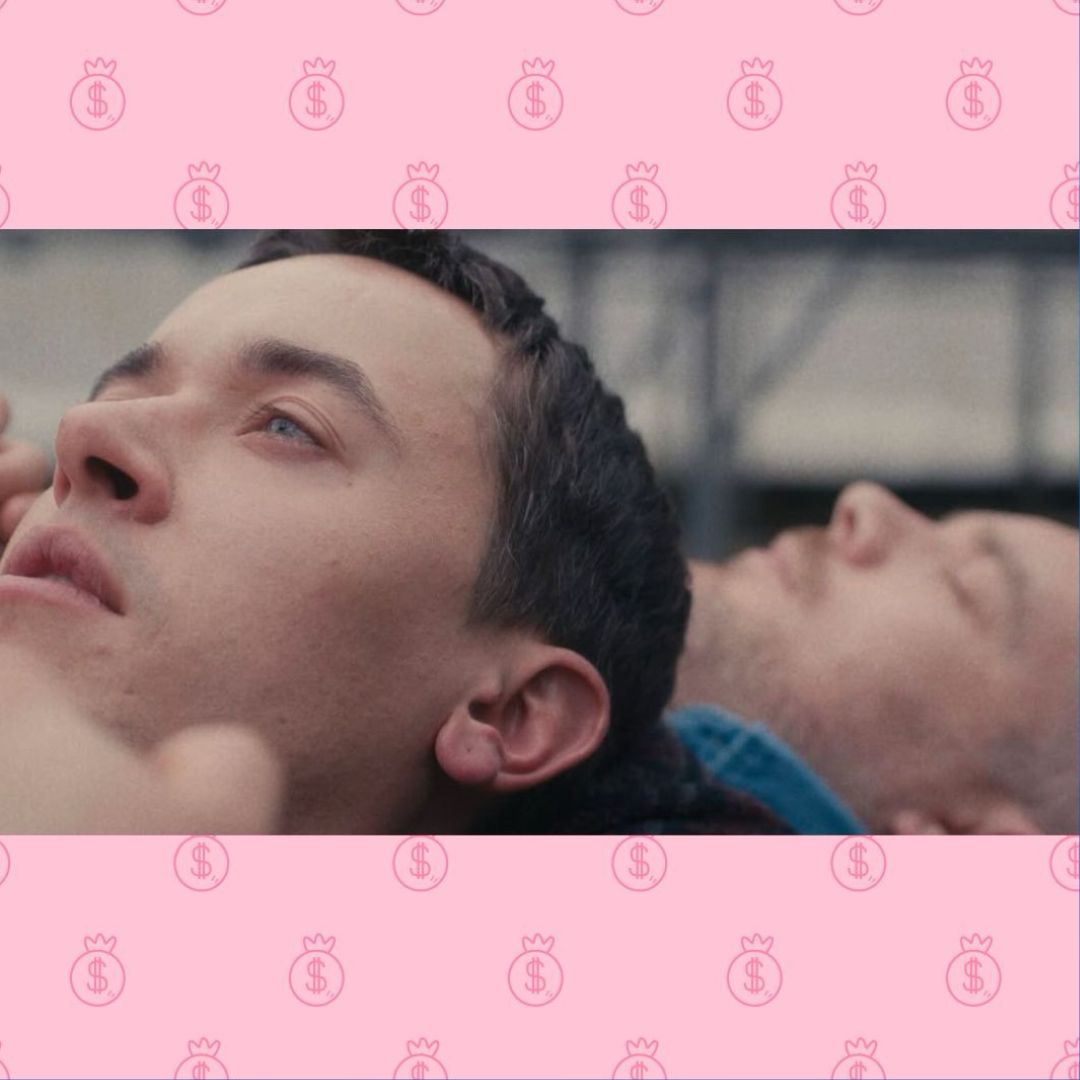
Related: Russell Tovey Is Starry-Eyed for Tom Blyth in New Gay Romance
“Coming of age, realising that I liked men at the same time as AIDS, I would constantly mix sex and death,” he admitted.
“To have a generation that doesn’t even consider death around sex blows my mind.”
Tovey describes himself as lucky to have missed the worst of the AIDS epidemic, but he acknowledges the trauma that lingered in his psyche.
He also pays tribute to artists like David Robilliard and Derek Jarman, whose defiant queer expression during the darkest times inspires his work today.
“They were out there, protesting, making art, singing songs, writing books,” Tovey said. “I find that so moving.”
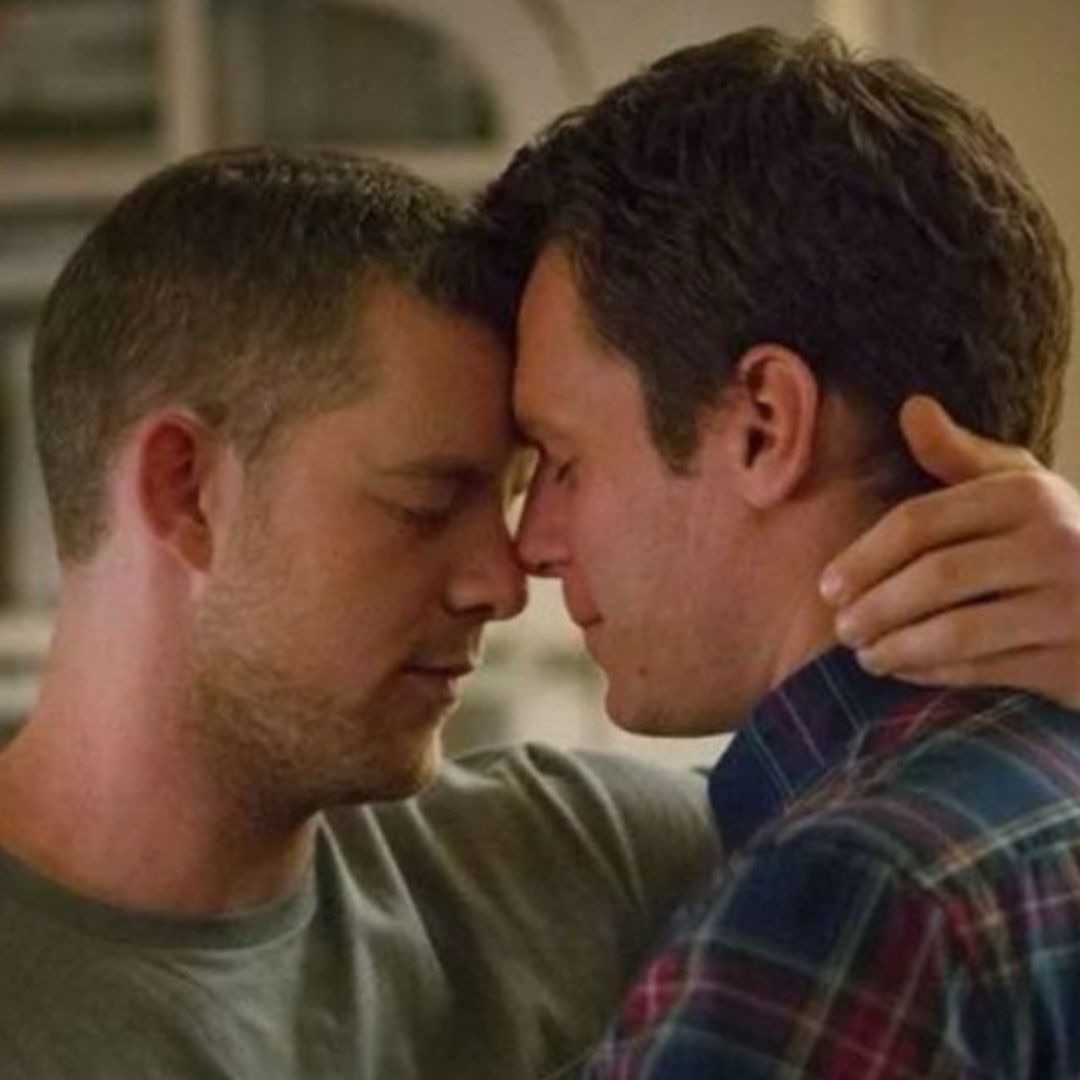
Today, he feels a responsibility to honour those who didn’t survive—and to create stories that help others feel seen.
“If I can give just a nudge in the more loving direction, it’s a privilege,” he said.
Tovey calls the current generation the “Heartstopper generation,” marveling at how freely many young people now express their identities.
“How lucky they are!” he said. “How wonderful that is!”
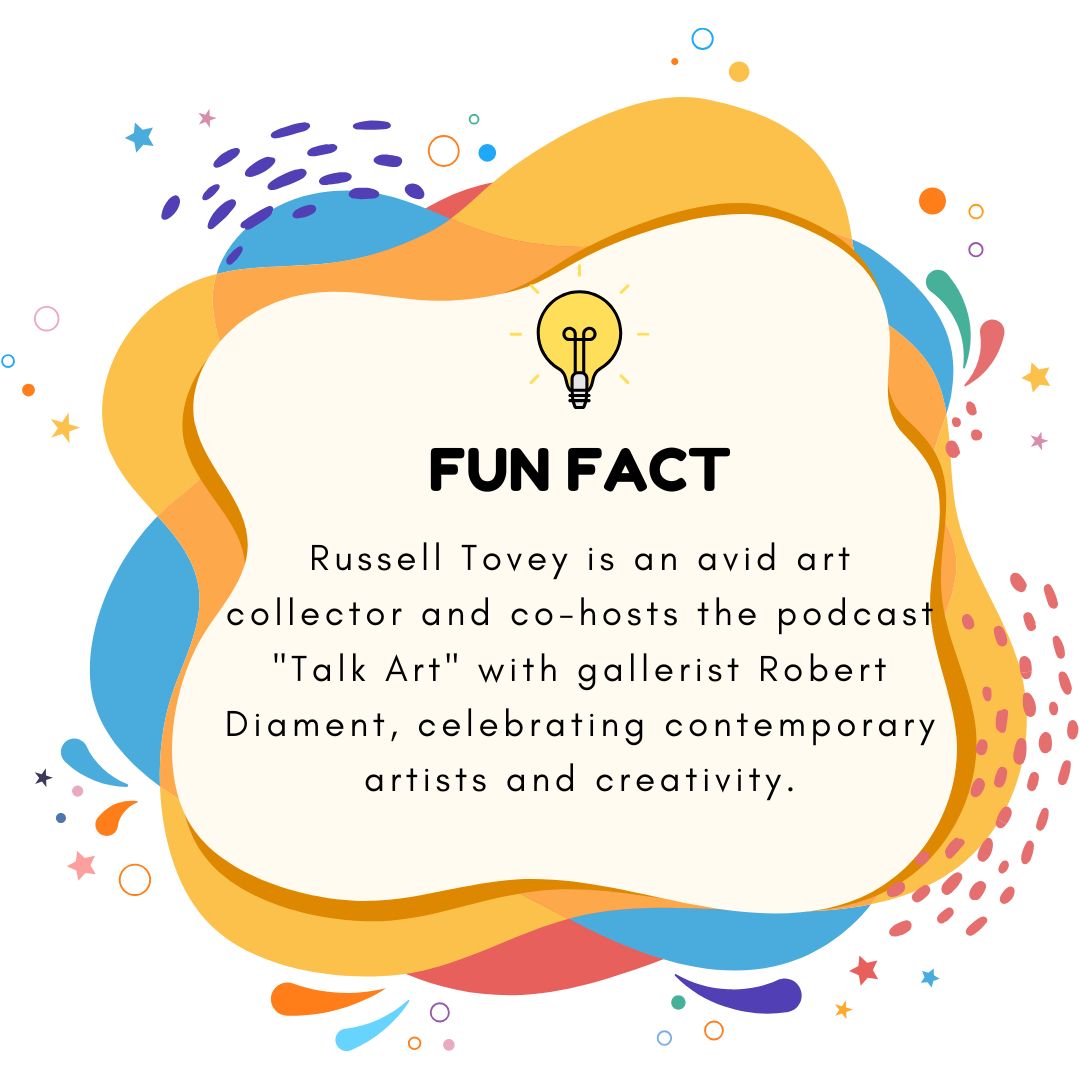
He insists that visibility remains vital, no matter the era or progress made.
“We have to prove existence,” he said. “If you see yourself on a gallery wall, then you exist. If you see yourself in a film, then you exist.”
Russell Tovey’s voice is a reminder that queer history is never far behind us—and that queer futures are still being written.
Related: Who’s Your Daddies? Pedro Pascal & Russel Tovey’s Big Date



